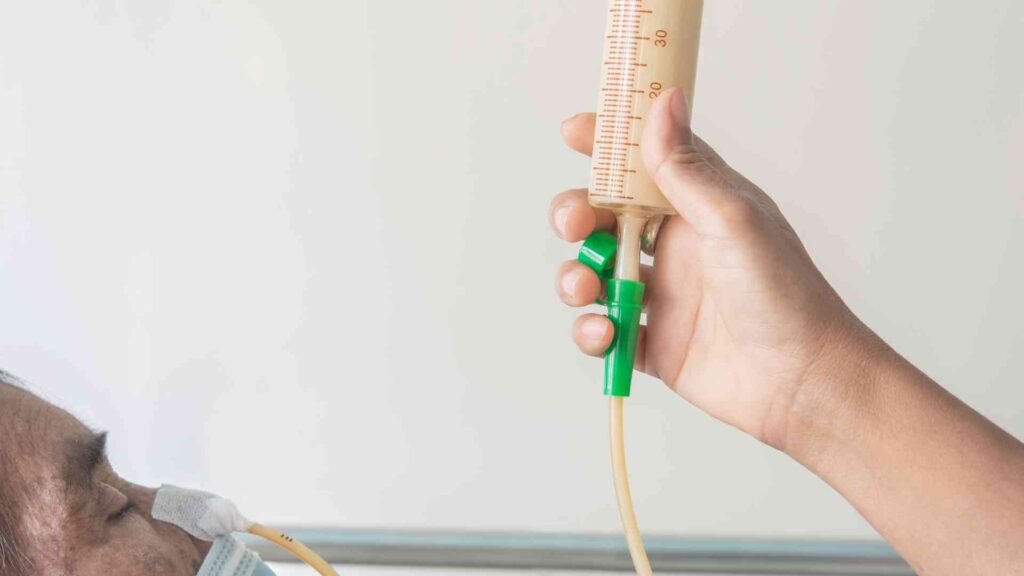Discover comprehensive information for all aspects of sexual health and find resources and guidance to empower your sexual well-being.
The pelvic floor muscles are the unsung heroes of our body’s core, providing support to…
Discover comprehensive information for all aspects of sexual health and find resources and guidance to empower your sexual well-being.
The pelvic floor muscles are the unsung heroes of our body’s core, providing support to…
Painful erections never indicate normalcy, and sometimes signal a medical emergency. Severe pain may necessitate…
Prostate health is a critical concern for men, especially as they age. The prostate gland…
Sleep-related painful erection (SRPE) is a rare condition where people get painful erections while they’re…
Erectile dysfunction (ED) is a condition that affects many men worldwide, leading to significant stress,…
Erectile dysfunction (ED) is a common condition that affects millions of men worldwide, causing distress…
Commitment issues can often manifest in romantic relationships, work, and other personal or professional spheres.…
There are many types of diets, each with a specific goal. We often think of weight loss, heart health, and diabetes diets. A therapeutic diet might restrict nutrients like carbs, fats, and proteins, while others might encourage their intake. The variety of diets and how they can be combined can be complex.
Table of Contents
Toggle
A regular diet or normal diet includes all kinds of foods, and you can eat whatever you like. It may or may not be healthy, but there are no strict rules. You can choose your portion sizes and meal frequency. It’s flexible and tailored to your preferences.

A therapeutic diet is a special meal plan designed to manage specific nutrients or foods, typically part of a medical treatment. Doctors prescribe them, and dietitians create them. These diets are usually adaptations of regular diets, customized to meet an individual’s nutritional requirements.
They can be adjusted for nutrient control, texture, or to accommodate food allergies or intolerances.
Therapeutic diets are often prescribed for various reasons:


Alongside regular meals, extra nourishment can be prescribed in the form of:
Therapeutic diets are specialized eating plans tailored to manage specific health conditions. These are crucial components of comprehensive treatment plans, playing a pivotal role in promoting wellness and managing chronic conditions.
Dr. Nishtha, a medical doctor holding both an MBBS and an MD in Biochemistry, possesses a profound passion for nutrition and wellness. Her personal journey, marked by significant struggles with physical and mental health, has endowed her with a unique empathy and insight into the challenges countless individuals face. Driven by her own experiences, she leverages her background to offer practical, evidence-backed guidance, empowering others on their paths to achieving holistic well-being. Dr. Nishtha truly believes in the interconnectedness of the mind and body. She emphasizes the significance of understanding this connection as a crucial stride toward attaining balance and happiness in life.

